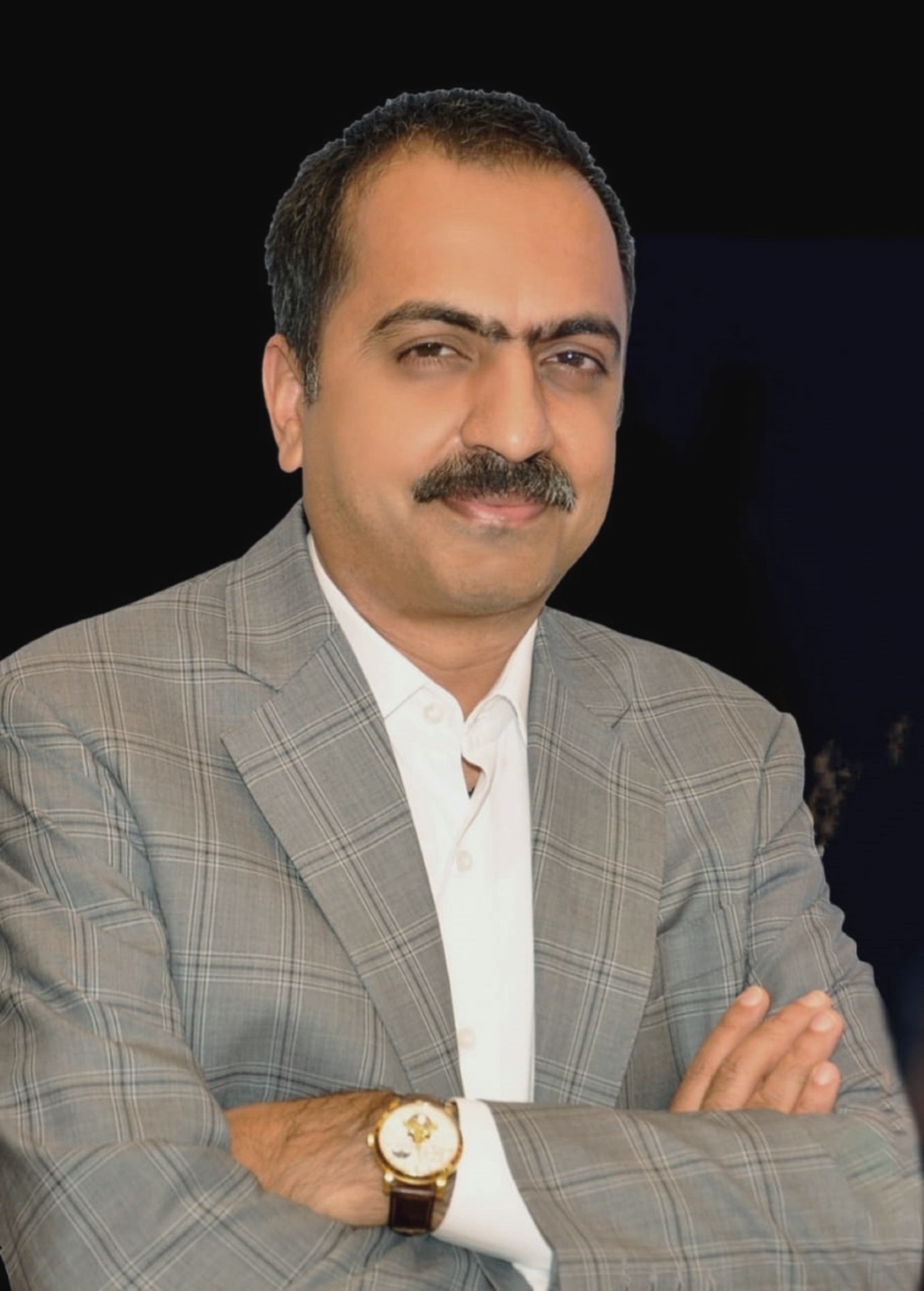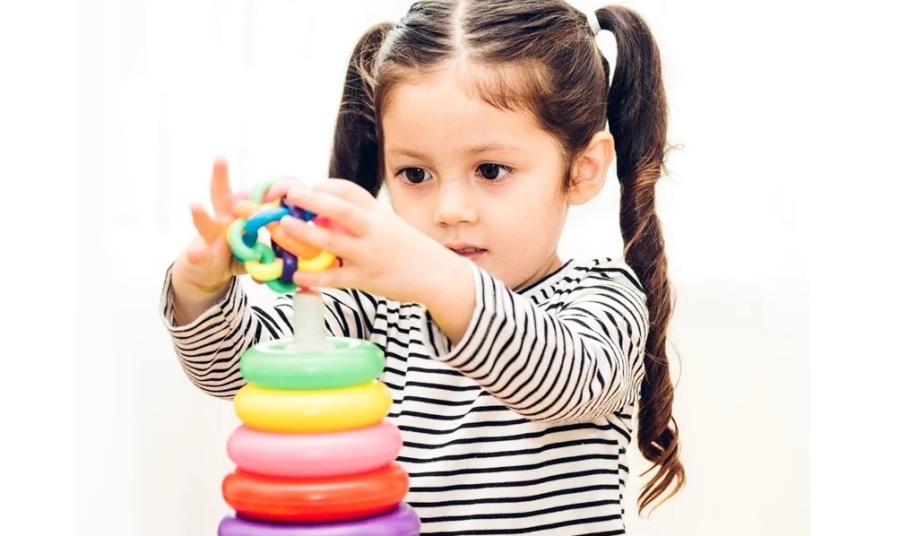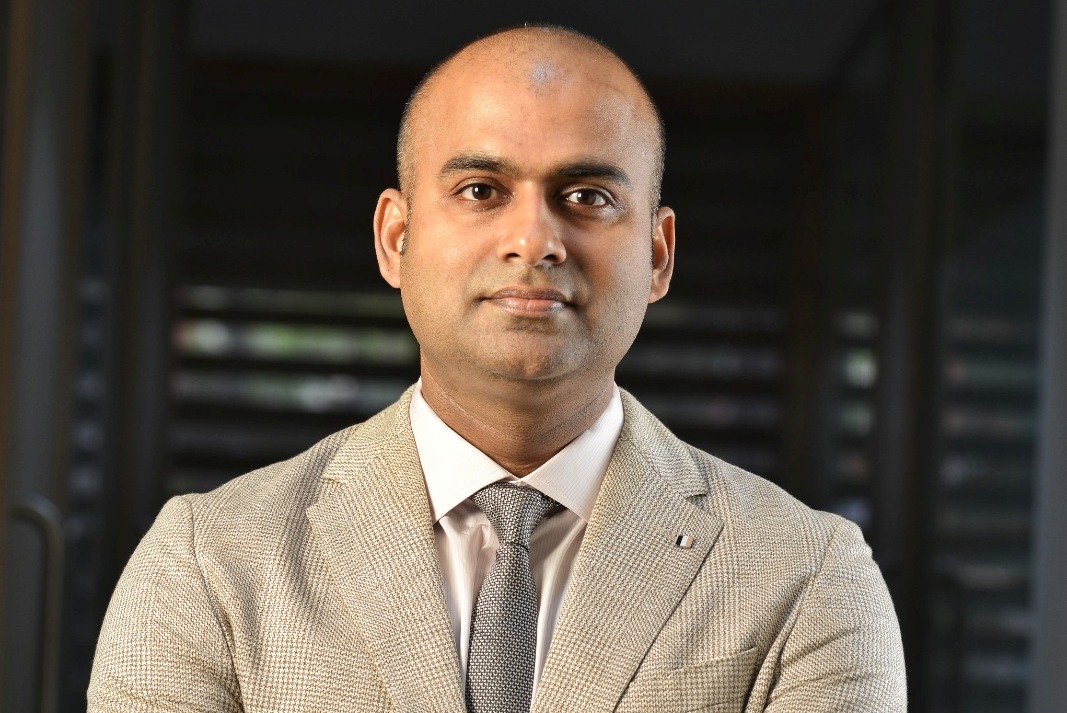 Rajesh Bhatia is the founder of TreeHouse Education, one of the leading providers of educational services in India. He was an Investment Banker for eight years before starting TreeHouse which is now a listed company operating the maximum number of self-managed preschools in India. As an educationist, he envisions providing high quality education to all children and believes that the country will realise its full potential only when citizens can access affordable schooling. He has introduced new teaching methodologies at the kindergarten level and life skill modules in senior classes. He has also created an inclusive learning environment by welcoming differently-abled children at TreeHouse.
Rajesh Bhatia is the founder of TreeHouse Education, one of the leading providers of educational services in India. He was an Investment Banker for eight years before starting TreeHouse which is now a listed company operating the maximum number of self-managed preschools in India. As an educationist, he envisions providing high quality education to all children and believes that the country will realise its full potential only when citizens can access affordable schooling. He has introduced new teaching methodologies at the kindergarten level and life skill modules in senior classes. He has also created an inclusive learning environment by welcoming differently-abled children at TreeHouse.
In this article, Bhatia explores the landscape of early childhood education under the National Education Policy (NEP) 2020. Focusing on the Early Childhood Care and Education (ECCE) program, he delves into the initiative's core objective: reshaping operational Anganwadis into dedicated preschool spaces, preparing children holistically for their academic journey. Drawing on insights from a UNESCO report, he emphasizes the criticality of education from birth to eight years, aligning with NEP's vision. He underscores the importance of play-based learning, Social and Emotional Learning (SEL), personalized instruction, and early intervention in shaping effective early education systems.
The article also highlights global and national trends, indicating a rising interest in ECCE. With NEP 2020 driving India's educational reforms, Bhatia envisions a seamless integration of ECCE with primary school curricula, elevating early education in the country. His analysis paints a vivid picture of a future where personalized, holistic, and emotionally intelligent learning experiences empower every child to thrive in an ever-changing world, reflecting the essence of progressive education under the NEP framework.
Article begins:
Under the framework of the National Education Policy (NEP) 2020, the Union Government introduced the Early Childhood Care and Education (ECCE) program earlier this year, targeting operational Anganwadis nationwide. The primary objective of this training was to transform these facilities into dedicated spaces for preschool education and holistic development, thereby preparing children in advance for their academic journey.
The importance of ECCE is also underscored in a UNESCO report titled 'Why Early Childhood Care and Education Matters'. It states that the right to education commences at birth and explicitly mentions that the period from birth to eight years old is one of remarkable brain development for children and represents a crucial window of opportunity for education. It also views ECCE as a means of promoting equity, social justice, inclusive economic growth, and advancing sustainable development. NEP in cognisance of these values, also emphasises the importance of vocational education and skill development, which enables children to acquire the essential skills needed to enter the workforce.
As for the defining attributes of an effective early education system, it must prioritise cognitive, physical, emotional, and social development. In a traditional classroom, children who struggle academically may experience diminished self-esteem and confidence. Meanwhile, in a holistic environment, children can excel in diverse areas such as physical education and extra-curricular activities, facilitating self-confidence and a sense of achievement.
Next, comes the critically important play-based learning. A study from the Society for Research in Child Development (SRCD) highlights that play-based learning can be more effective than direct instruction in improving outcomes for young learners, especially in the domains of mathematical and spatial skills. Play naturally fosters their enjoyment, motivation, and self-determination. It also enhances cognitive, social, and emotional development, even in older students
ECCE can also promote Social and Emotional Learning (SEL) via a positive learning environment that is important across all educational levels. Notably, a report published in the Indian Pediatrics journal by research scholars underscores the significant role of SEL in pedagogy. SEL represents the process through which children comprehend and manage emotions, set and achieve positive goals, experience and express empathy for others, establish and maintain positive relationships, and make responsible decisions. The knowledge acquired during their early learning sessions will also shape their perspective on various issues, including those about gender and social equity.
Recognising the importance of individualized instruction in ECCE is important. Schools should acknowledge the significance of personalised teaching and understand that every student has unique learning styles, regardless of age. This approach in early learning empowers teachers to gain an in-depth understanding of each child, their capabilities, and interests. With this knowledge, they can create learning opportunities that naturally fit into everyday routines and activities, capturing children's interest and involving them in educational interactions. Moreover, it allows them to make well-informed decisions about the appropriate type and level of support needed for each child.
Another key component is early intervention. It emphasises the importance of identifying and addressing learning challenges early to provide support before a child falls short of educational or developmental expectations.
To indicate the growing interest in ECCE, a UNESCO report titled, 'Setting Commitments: National SDG 4 Benchmarks to Transform Education' says that the rate of five-year-old students participating in organized preschool programs one year before primary school has increased from 65 per cent in 2002 to 75 per cent in 2020 globally.
In India as well, the participation rate of students in organised learning at least one year before entering primary education soared to 87.2 per cent in 2020. Reports indicate that the Indian government has established ambitious targets, aiming to achieve a 95 per cent participation rate by 2025 and ultimately reach 100 per cent by 2030.
In this comprehensive vision for the future, NEP 2020 plays a pivotal role. It envisions a five-year foundational stage of education, including three years of early childhood education (ECE) and the initial two years of primary school. This extension means that ECCE will now be provided to students aged from three to eight years. The government may soon also introduce further initiatives to strengthen the existing infrastructure of Anganwadis, pre-primary sections affiliated with state-run schools, and standalone preschool centres.
It is also important to ensure a smooth integration between the ECCE curriculum and that of Class I and II. When effectively implemented, these proposed changes have the potential to revolutionise early learning in India.





 Rajesh Bhatia is the founder of TreeHouse Education, one of the leading providers of educational services in India. He was an Investment Banker for eight years before starting TreeHouse which is now a listed company operating the maximum number of self-managed preschools in India. As an educationist, he envisions providing high quality education to all children and believes that the country will realise its full potential only when citizens can access affordable schooling. He has introduced new teaching methodologies at the kindergarten level and life skill modules in senior classes. He has also created an inclusive learning environment by welcoming differently-abled children at TreeHouse.
Rajesh Bhatia is the founder of TreeHouse Education, one of the leading providers of educational services in India. He was an Investment Banker for eight years before starting TreeHouse which is now a listed company operating the maximum number of self-managed preschools in India. As an educationist, he envisions providing high quality education to all children and believes that the country will realise its full potential only when citizens can access affordable schooling. He has introduced new teaching methodologies at the kindergarten level and life skill modules in senior classes. He has also created an inclusive learning environment by welcoming differently-abled children at TreeHouse. 

.jpg)










.jpg)



